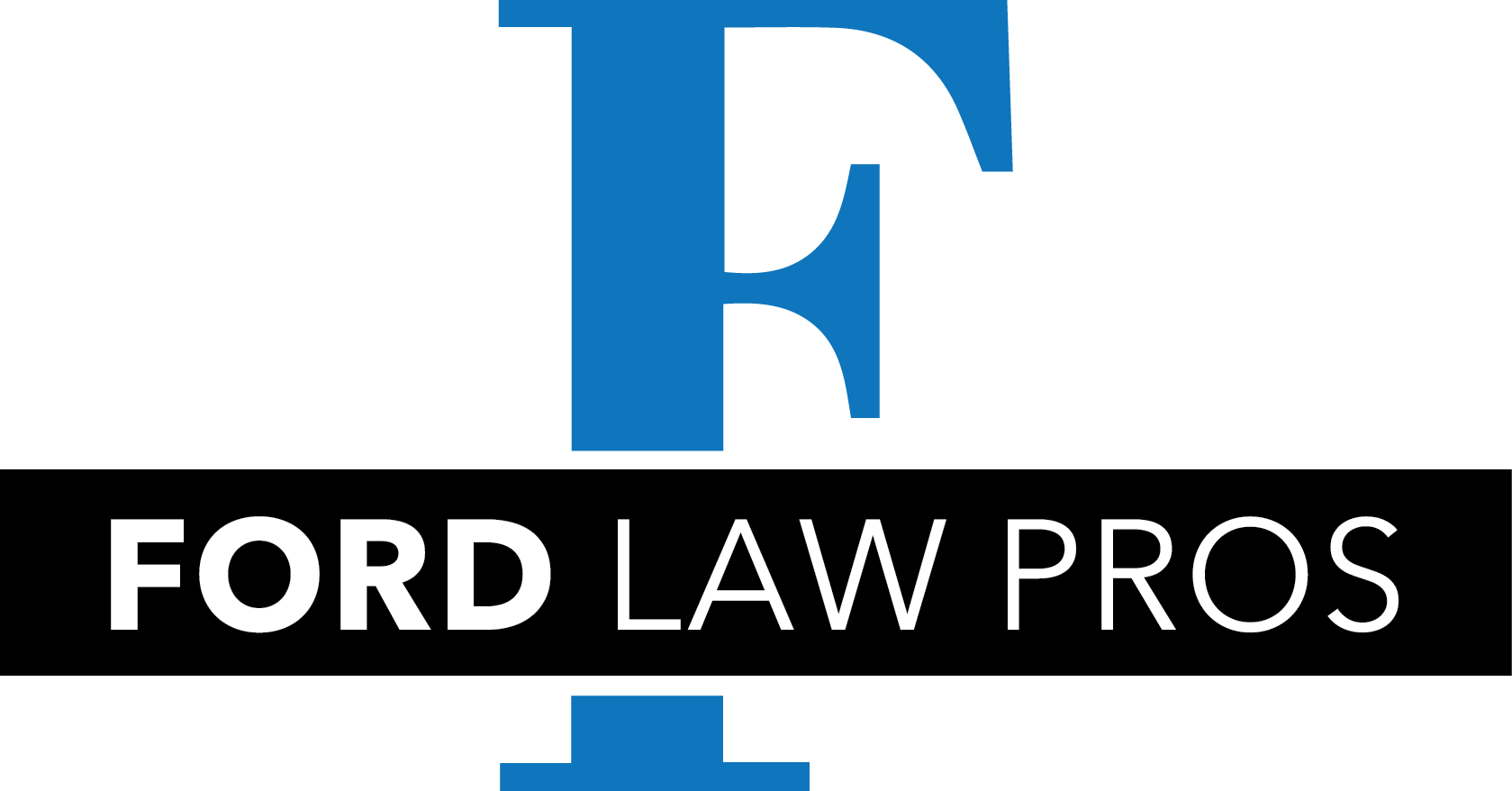Council member Muriel Bowser (D-Ward 4) introduced legislation last month that establishes new requirements for condominium associations before they can foreclose on unit owners who are delinquent on their monthly assessments. This bill, co-sponsored by council member Kenyan McDuffie (D- Ward 5), creates several new requirements for Associations including (1) participation in mediation proceedings between the Association and the defaulted owner (2) making “conspicuous” notice to a condo purchaser that the Association has the power of sale, and (3) submitting an annual report to the Mayor for the purpose of reviewing the affordability of the assessments charged by Associations in the District.
This bill, if passed, will impose an unreasonable burden on Associations, many of whom lack the proper governance and capital to hire an attorney to assist with foreclosure proceedings against delinquent owners, much less submit to any form of annual reporting requirements. This blog discusses the key components of this bill and why it sets bad legislative precedent that is harmful to the viability of Associations in the District of Columbia.
D.C., like Virginia and Maryland, is a non-judicial foreclosure state. This means that condominium associations (and mortgage lenders) may foreclose on a defaulted owner without taking them to court. For condominium associations, having the power of sale is a mechanism to collect past due assessments from owners who, for whatever reason, no longer contribute to the Association’s common expenses. Many Associations suffer from high numbers of delinquency and vacant/abandoned units. These Associations often lack the resources to hire counsel to initiate collection efforts against unit owners. As a result, the overall viability of the Association is jeopardized because there are little funds to pay common area expenses (CAM) such as insurance, water/sewer bill, trash collection, grounds maintenance and other necessary costs. The state of affairs worsens as more and more owners use the Association’s resources without contributing their share to the common fund.
I have been called upon by various Associations facing receivership or dissolution because of poor management by a third-party or a general lack of awareness regarding the state of the Association’s affairs. These Associations will be hardest hit by the Condo Fee Fairness Act for several reasons. First, the mediation component will require an officer of the Association or hired counsel to participate in a process that will have little to no result for the Association or pay a financial penalty. Mediation is a part of the residential foreclosure process in many states for the purpose of helping people stay in their homes by providing alternatives to foreclosure such as short sales, loan modifications or deeds in lieu. Associations are not lenders and cannot provide these types of options to unit owners who are behind on assessments. Almost all collection actions for past due assessments begin with notice to the defaulted owner and an opportunity for them to make payment arrangements long before a notice of foreclosure is ever recorded. If the owner does not take advantage of this option in the early stages of the collection process, it is unlikely that he or she will do so during mediation.
The mediation process as described in the Condo Fee Fairness Act does not serve to help either the association or the owner who would have to pay to participate in the process. Indeed, if the owner cannot pay his condo fees then imposing yet another fee that he would have to pay to sit down with his association is futile, especially when the mediation will not produce any effective results for either party. The costs of the mediation in this instance definitely outweigh the benefits.
Second, the Act’s requirement that “conspicuous” notice about an Association’s power of sale be included in the public offering statement (POS) is redundant. All condo fee buyers get a copy of the Association’s bylaws upon purchasing a unit and these rules clearly delineate the Association’s power to collect past due fees. If a potential buyer is super diligent they can pull a copy of an Association’s governing instruments from the Recorder of Deeds office before they buy so they can make an informed decision about purchasing a condominium unit. Most condo buyers will not intuitively look at the POS for rules and regulations that govern collecting assessments. Thus, requiring that notice be written into the POS will not make it any more conspicuous than publishing it in the bylaws.
Third, Associations will have to find the time to submit an annual report to the Mayor regarding its annual assessments. This provision, similar to the others, serves no practical purpose other than imposing a bureaucratic requirement on Associations who often lack the leadership to ensure that both internal and external obligations are met. Moreover, unless the Mayor intends to effectively challenge the cost of monthly assessments, this provision will create more meaningless work for the city.
In sum, the Condo Fee Fairness Act will not accomplish any of its objectives in a way that is meaningful for either Associations or owners.

